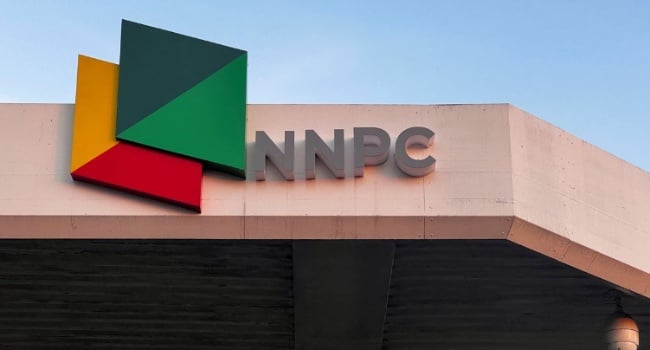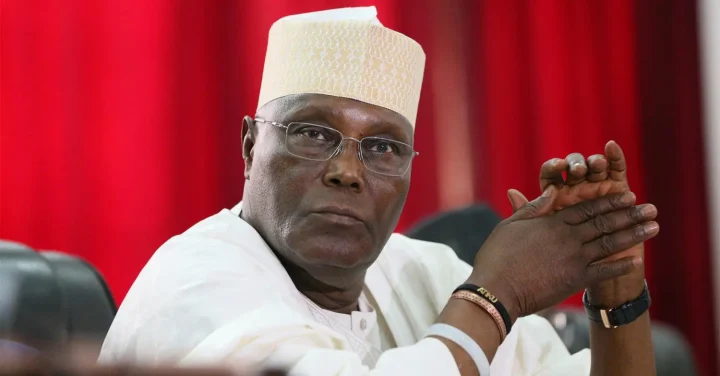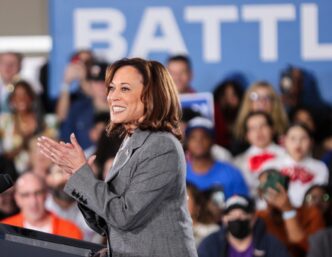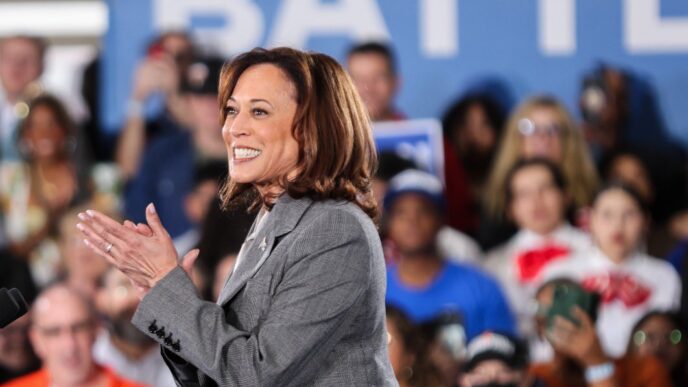The Nigerian National Petroleum Company (NNPC) Ltd is currently scouting for a fresh $2 billion loan in Europe, TheCable understands.
This will be repaid with 35,000 barrels per day over the tenor of the loan, insiders have told TheCable.
Reuters recently reported that Mele Kyari, group chief executive officer (GCEO) of NNPC, was in talks for a new oil-backed loan to finance the firm’s operations.
Given the low number of NNPC’s share of oil production in the country, the proposed deal will significantly affect what is available to the national oil company, which has been mandated to supply crude to Dangote refinery, payable in naira.
Advertisement
Although Nigeria’s current output is estimated at 1.3 million barrels per day, the country’s share of it is thought to be less than half because of the nature of the production sharing contracts (PSCs) that govern offshore production where most of the drilling takes place.
A large chunk of Nigeria’s share is already committed to various loans and crude swap agreements to import petrol which is then sold at averagely N700 per litre, although the landing cost is over N1,000 per litre.
The NNPC has consistently denied suggestions that petrol is still subsidised.
Advertisement
TheCable understands that top NNPC officials are currently in Europe to source the loans and are targeting Standard Chartered Bank in the UK.
There is yet no significant progress, insiders said.
THE AFREXIMBANK DEAL
The latest development is not the first time the national oil firm will be running to lenders for financial support using Nigeria’s most vital economic resource as a repayment plan.
Advertisement
In August 2023, the NNPC secured a $3 billion crude-backed loan from the African Export-Import Bank (Afreximbank) to support the naira and stabilise the foreign exchange (FX) market.
In the deal, the oil company pledged a total of 164.25 million barrels of crude oil — at 90,000 barrels per day — starting from 2024 to repay the loan through Project Gazelle Funding Ltd, a special purpose vehicle (SPV) incorporated in the Bahamas.
In January, Afreximbank announced the first disbursement of $2.25 billion under the crude oil prepayment facility. The lender also paid out an additional $925 million in June.
DANGOTE REFINERY VS OIL INDUSTRY REGULATORS
Advertisement
In the past weeks, Nigerians have witnessed a bitter brawl between the Dangote refinery and industry regulators, drawing stakeholders’ attention across the board.
The refinery has been unable to source crude locally but it has now been resolved that the NNPC should prioritise local refineries, including Dangote.
Advertisement
The refinery will buy the crude in naira and save Nigeria over $610 million in hard currency monthly on fuel imports, according to Zach Adedeji, chairman of the Federal Inland Revenue Service (FIRS).
On July 22, Aliko Dangote, chairman of the refinery, had alleged that some officials of the NNPC, oil traders and terminals have a blending plant in Malta.
Advertisement
An oil blending plant has no refining capability but can be used to blend re-refined oil (a used motor oil that has been treated to remove dirt, fuel, and water) with additives to create finished lubricant products.
The allegation marked the climax of a conflict that was stoked by claims by the Nigerian Midstream and Downstream Petroleum Regulatory Authority (NMDPRA) that local refineries — including the Dangote refinery — produce substandard petroleum products.
Advertisement
In his defence, Mele Kyari, the group chief executive officer (GCEO) of NNPC said he does not own a blending plant in Malta. He also denied knowing of any employee of the oil firm that operates such a facility.
The house of representatives joint committee on petroleum resources (downstream and midstream) is currently investigating several claims relating to the dispute — including the alleged production of inferior products by local refineries, the “indiscriminate” issuance of licences, and the importation of substandard petroleum products into Nigeria.
Add a comment









